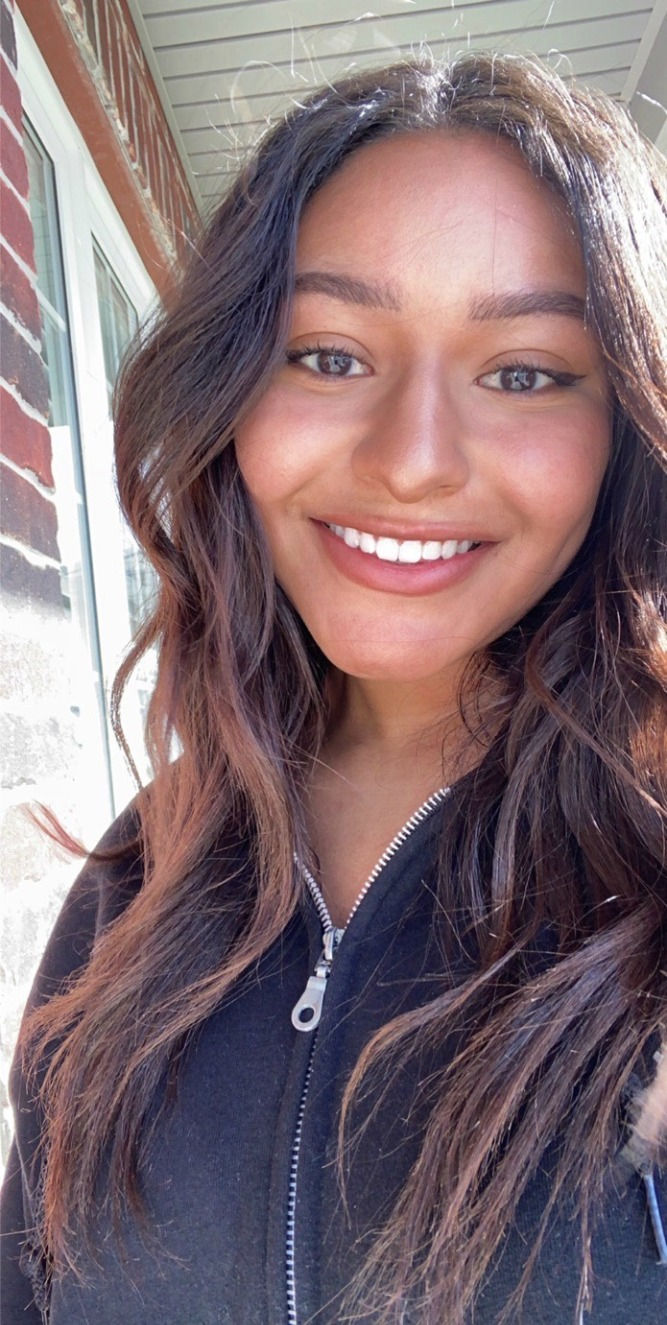December STEM Spotlight - Safara Holder
- Girls SySTEM Mentorship
- Feb 20, 2022
- 4 min read
"My one piece of advice that I have for young women wanting to enter the STEM field is to persevere. This may sound cliché, but there were many times during my academic career where I considered giving up."

1. Tell us a little bit about yourself and your journey to your career.
I am originally from Russell, a small town near Ottawa, ON. I graduated with a BScH in Life Sciences from Queen’s University in 2020. I am currently completing a PhD in Microbiology and Immunology at Queen’s University.
I first discovered my passion for the sciences in high school, and this passion significantly intensified during my first couple of years of my university program. The Life Sciences Program introduced me to Microbiology and Immunology and these subjects piqued my interest. In my fourth year of university, I was given the opportunity to complete a fourth year Research Project under the supervision of my current PhD supervisor. This experience enabled me to develop critical thinking skills, improve my research techniques, and ultimately led me to fall in love with my research. As a result, I decided to pursue a master’s degree by entering the Combined BScH/MSc Program, which enabled me to start my Master’s in my fourth year of my undergraduate degree. A few months into my Master’s program, I decided that I wanted to continue my work into a PhD. I, then, entered the PhD Program and I intend to finish my PhD in 2023 and continue my academic education by either completing Medical School or a Post-Doctoral Fellowship to become a Clinician Scientist and/or a Professor.
"As a biracial woman of colour, I often feel as though I need to continuously prove myself and go above and beyond to be considered equal to my peers."
2. What is a difficulty you have experienced as a woman in STEM?
A common challenge I have experienced as a woman in STEM is continuously overcoming the gender stereotypes that we, as women, face in male-dominated fields. This challenge has been difficult to navigate, especially during my undergraduate career, where my male peers would talk over me and would not take my ideas seriously.
Fortunately, I have been viewed as equal to my male peers and valued throughout the entirety of my graduate career thus far. I do recognize that this a rare experience and I do not take it for granted as many women in STEM face daily discrimination and harassment in male-dominated fields. However, as a biracial woman of colour, I often feel as though I need to continuously prove myself and go above and beyond to be considered equal to my peers. Especially, when meeting new faculty members and students who may have formed prejudice and bias without the opportunity of getting to know me. Nevertheless, I am grateful that I can play my part in paving the way for the next generation of female STEM professionals.
3. Who is a woman in STEM that is your role model and why?
A woman in STEM that I idolize is a Senior Scientist in my lab, Dr. Renée Finnen. Dr. Finnen was kind enough to introduce me to the field in my third year of university, and thus, played a pivotal role in my passion for Microbiology and Immunology. Dr. Finnen has continued to mentor me throughout my graduate career, and I am honoured to learn from her. Over the years, she has discussed some of the challenges that she had to face during her graduate career as a woman in STEM. Her determination to overcome such challenges to be the excellent Scientist that she is today is truly inspiring.
"I strongly believe that making mistakes is crucial to one’s learning experience."
4. Do you have any regrets in your education/career and how would you change that?
I do not have any regrets in my education/career. I have made numerous mistakes over the years, but each one was a learning experience that has enabled me to become the woman and student that I am today.
I strongly believe that making mistakes is crucial to one’s learning experience. For example, I struggled with the transition from high school to university regarding time management and efficient study techniques. As a result, my first set of midterms did not go as well as I had hoped. However, this experience led me to make some significant changes to improve these skills, which influenced a more positive outcome. With that being said, I believe that we should never regret our mistakes, but leverage them to make positive and informed changes that will lead to future success.
5. What is one piece of advice you have for young women wanting to enter the STEM field?
My one piece of advice that I have for young women wanting to enter the STEM field is to persevere. This may sound cliché, but there were many times during my academic career where I considered giving up. Looking back now, I am so grateful that I continued my journey to reach my goals. As they say, “if there’s a will, there’s a way” and this has been proven time and time again!




Comments